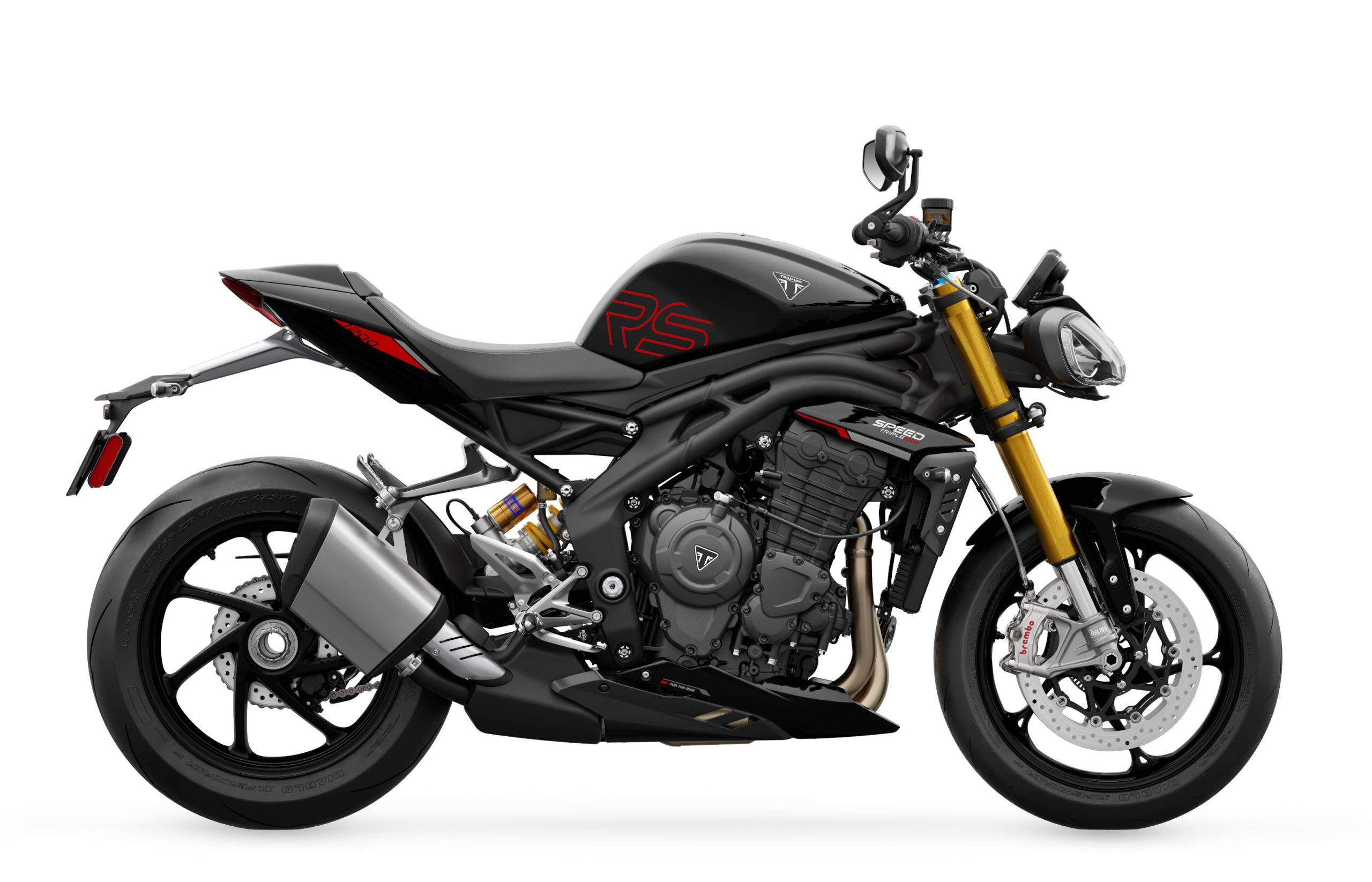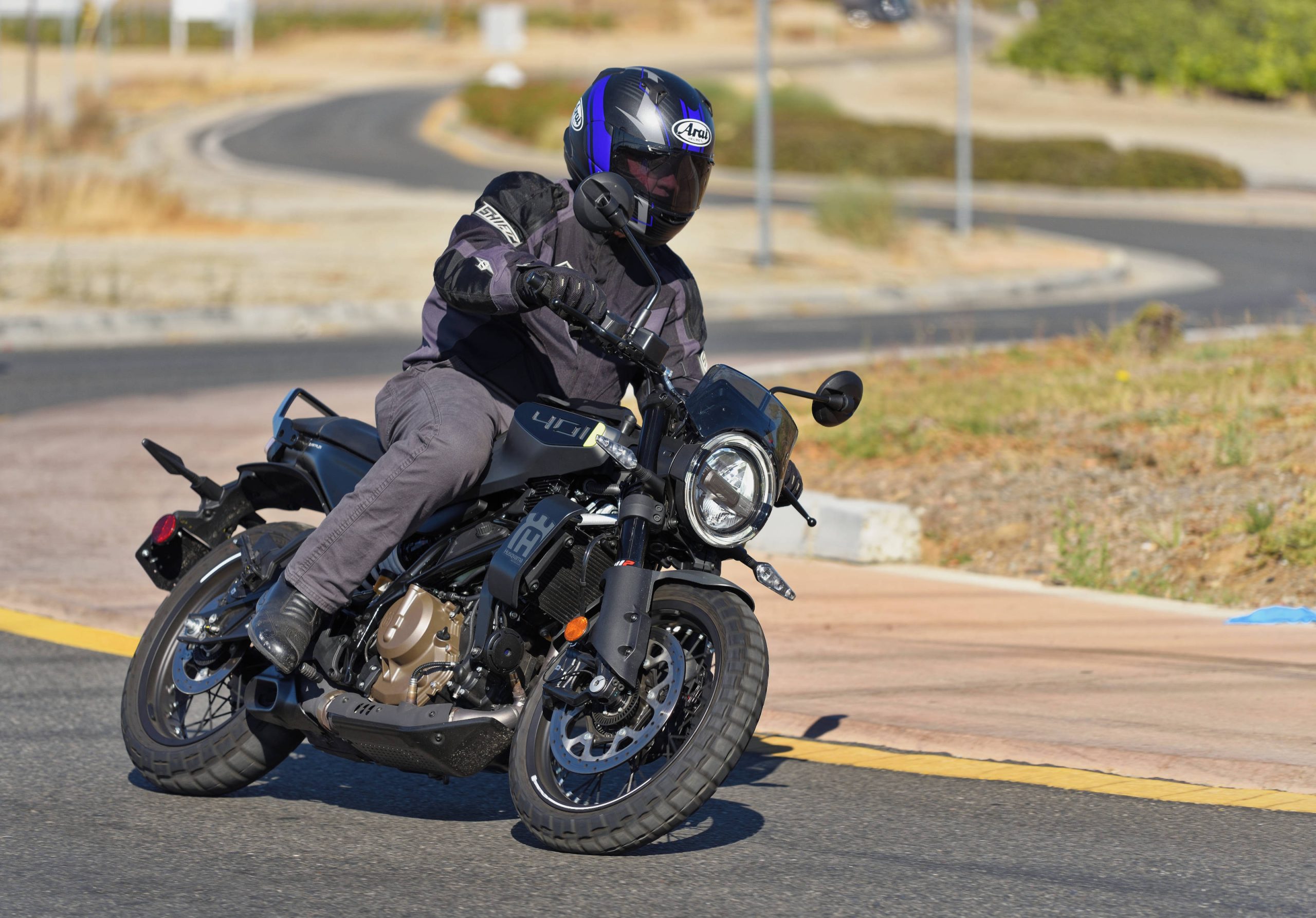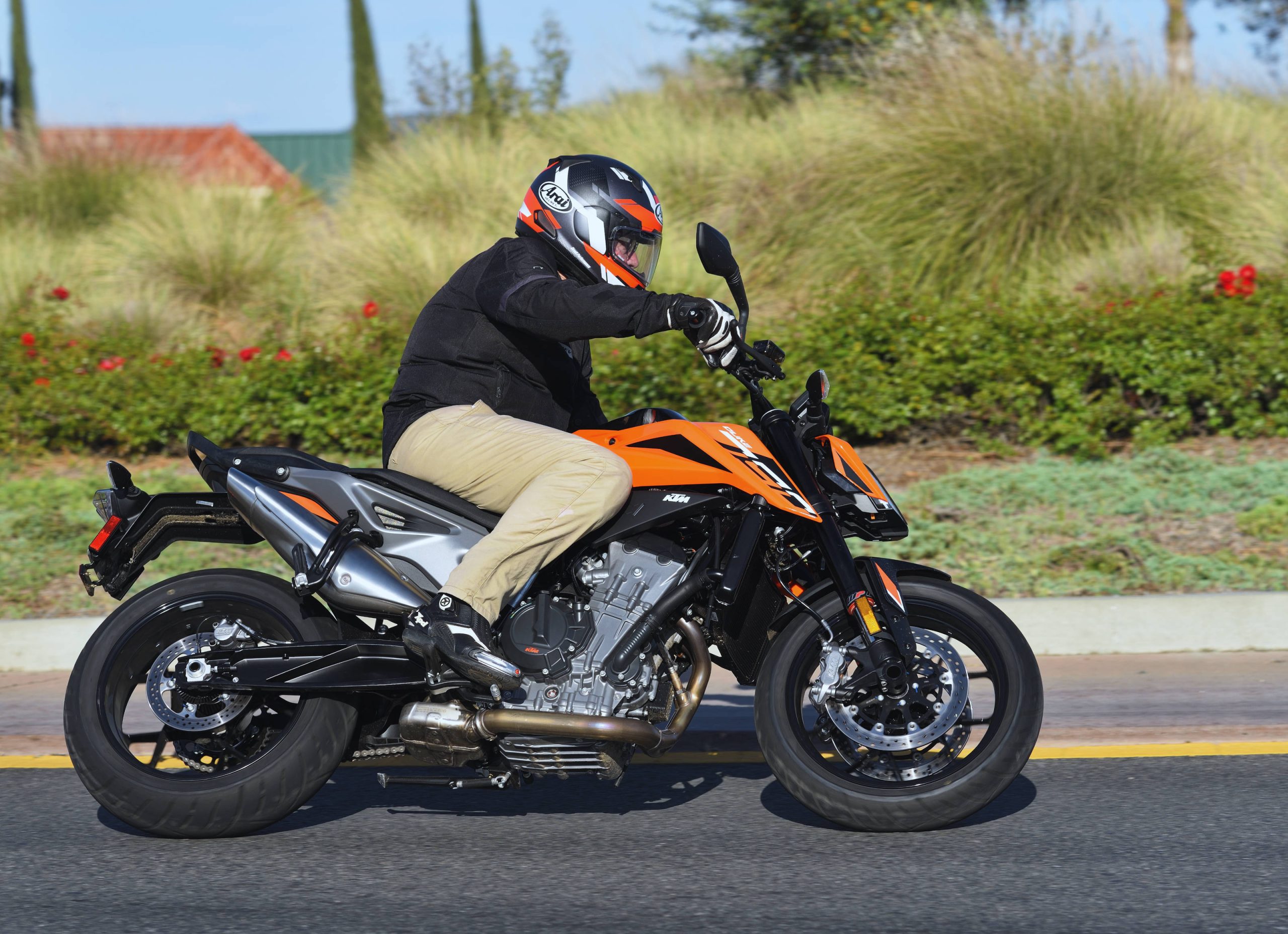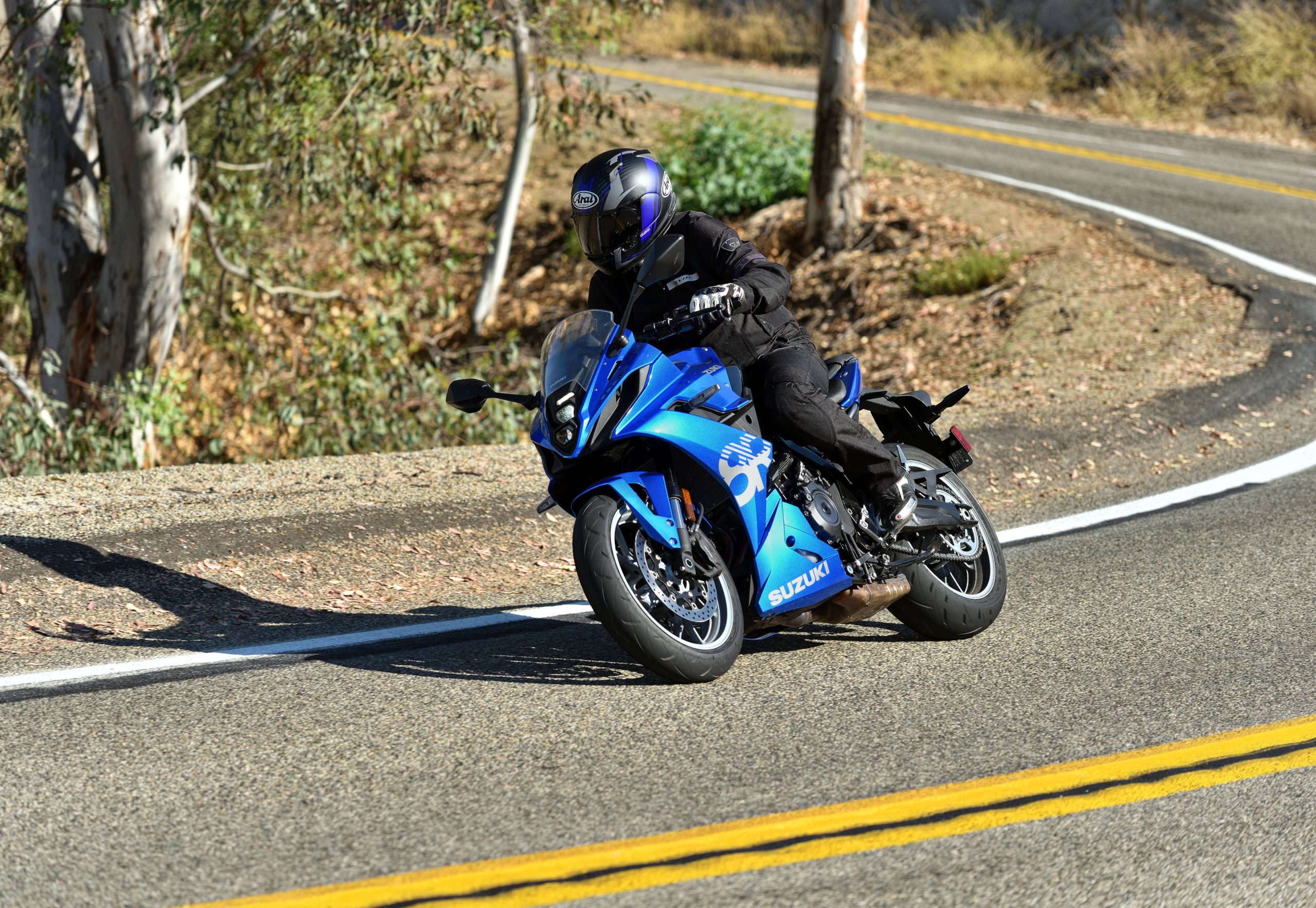How many professional athletes/entertainers would work for free? How many would work when paid so little that it did not cover their out-of-pocket expenses? How many would do this when they risked serious injury during each performance?
The supercross privateer is a unique breed. They contribute significantly to a very popular piece of entertainment at each supercross (sometimes making up half the field in a 250cc final, for instance) yet they are paid very little prize money. Frequently, they don’t even cover their expenses.
Several years ago, when Jeremy McGrath and Mike LaRocco were the biggest names in supercross, and both were unsigned by their respective teams, MD’s founder spoke with Jack McGrath (Jeremy’s father) about the possibility of starting a new supercross series, essentially owned by the riders themselves (before you laugh, this is done in other sports, including professional tennis – to take the profits from the promoters and put it in the riders’ pockets). The discussion didn’t go very far (Jack McGrath never followed up after that initial phone conversation, and Jeremy went ahead and signed a factory contract), but the idea has never changed – the exploitation of the riders (the privateers – not the factory-backed riders) by the supercross promoters who pay very little prize money, yet benefit from the huge risks taken by the riders needs to end.
MD recently came across the following letter to the editor of MX Racer (October, 1999). The letter is written by Ken Bentley, President of the Manitoba Motocross Association in Canada. Please read this letter and think about it carefully.
“. . . In no other professional sport will you witness the level of exploitation that exists in supercross and motocross. This past season saw supercross outdraw every other professional sport in North America on a per-event basis. Baseball? You can drop a bomb in most stadiums across our continent and blow up nothing but empty seats. A conservative estimate of gate receipts over the course of the series would bring in close to 10 million dollars at an average ticket price of $15. This doesn’t even begin to include other sponsorship monies that are generated. And AMA/PACE brags about a measly $100,000 privateer points fund? You have got to be kidding me. For Jason Frenette, who shows up every night to make the program exist, and brings in a lousy $952 to make a main, is outrageous. Brian and Doug Stone? A combined $3571.58. Uh huh. That covers their expenses, I’m sure. Never mind the big four pro sports (NBA, NHL, NFL, MLB), athletes make more money playing pro beach volleyball, bowling, satellite golf tours, etc. With all due respect, they aren’t throwing themselves up 30 feet in the air thousands of times a year or in general putting themselves at tremendous risk at every event they compete in.
Right off the bat – any privateer to make a main event should make at minimum $5000. And they should have comprehensive health coverage. It is time for some serious reform. It is time for a pro riders union or association. The AMA isn’t taking care of our riders, PACE certainly isn’t, so the riders had better look at this seriously, or they will keep getting screwed over. There is no other way to present this fact. Life as a pro athlete is short, and it can be taken away with a missed shift on the face of a triple jump. We may want to think this makes us “different” from those other pro sports. It does – and a whole lot dumber. For anyone to tell me that there isn’t a lot of money being made at the riders expense, is lying. Open the books and show us then. It will never happen, unless the riders stop kidding themselves and examine the obvious proof.
Jeremy McGrath, the best rider in our sport, period, has already built a legacy second to none – for himself. Of course, he put supercross into the mainstream media with his professionalism and success, and is in fact partly responsible for the growth and success of privateer teams. I won’t argue that. But if he really wants to make a contribution to future riders – the people who put on the show – stand up for the “little” guy. For the greater good. If it’s not McGrath, fine, but we need the top pro riders to look out for the welfare of the working-class privateer. Living out of vans to make a few bucks to make a main event is ludicrous. Without a riders’ association or whatever you want to call it, the exploitation will continue.
I am by no means some left-wing lunatic shouting “down with capitalism,” nor do I agree with some aspects of unionism, but I certainly agree with the primary tenet of a union’s philosophy which states, “Fair days’ work for fair days’ pay.”
Right now this couldn’t be further from the truth in our sport.”
Ken Bentley, President, Manitoba Motocross Association Canada
(October 1999 MXRacer, Letters to the Editor)
Amen.





